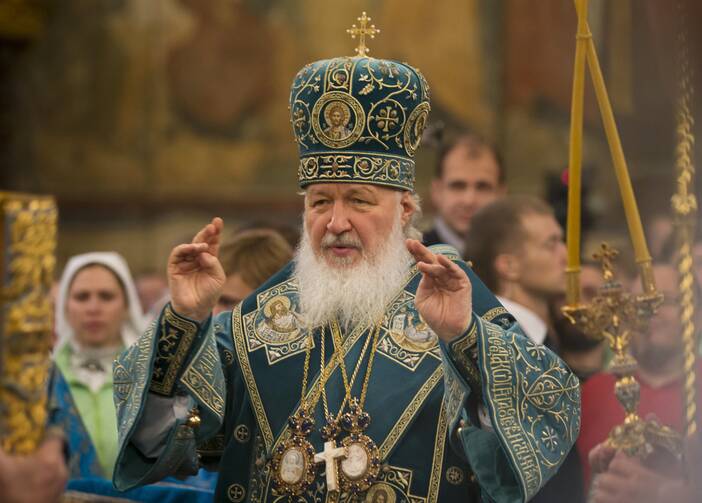The surprise announcement from Rome today of the upcoming meeting between Moscow Patriarch Kirill and Pope Francis “shows definitively Francis' vocation as a pontiff, a bridge builder,” Manhattan College Assistant Professor of Religious Studies Kevin Ahern says.
He commented via e-mail this morning. “[Pope Francis] is confronting the walls of indifference in regards to migration and refugees and also the walls that are dividing people in the church,” Ahern says. “I believe it is significant that this meeting is happening as both leaders are on missions to Latin America. True unity and true dialogue can only be found in common mission.”
This historic meeting, scheduled for Feb. 12 in Cuba, is something “many have wanted to happen for over 50 years,” he adds. “Benedict really wanted to develop a relationship with the Russians, especially over Europe's Christian roots.”
However welcome the meeting is to the wider Christian world, it will surely also be the source of anxiety within specific faith communities. “The Eastern Catholic churches will find this difficult,” Ahern says. “I imagine the Ukrainian Catholics will wonder what this means, given there is still a war in their country.” Ahern will be watchful to see how much that conflict will factor in any upcoming discussions between the Holy See and the Russian Orthodox church.
As exciting as this morning’s announcement has been, Ahern is already looking beyond the meeting in Cuba. “Might this then put the pope in a situation to bridge divides between the Russian and Greek [Orthodox churches]?” he asks. “A big moment for the ecumenical vision of Vatican II would be a meeting between the pope, the Russians and the Greeks.
“The role of Cuba in bringing about this meeting is very interesting,” he adds. Ahern wonders if the meeting already suggests fruit from the Holy See's recent efforts to normalize relations between Cuba and the United States and the connections with Cuban official made during that initiative. “Clearly, Cuba presents itself as a neutral space,” Ahern says. “There was no way for them to meet in Russia or definitively not in Rome. So here we have a very strange situation where months after the Holy See helps to negotiate between the United States and Cuba, Cuba is helping to host this meeting.”
In terms of other areas of global concern to the Holy See, warmer relations with the Russian Orthodox church and by extension presumably political leadership in Moscow “might also help address two of Pope Francis' major agenda items this year: the Syrian Crisis and China.”
Ahern says, “I would expect some movement on joint Catholic-Orthodox support for Christians in the Middle East. But in a way that may tone down the unquestioned support for Assad.”
Pope Francis has also recently made efforts to reach out to Beijing and “this meeting may also help provide Russian support for the church's new efforts in China.”
“This is a very tricky situation," Ahern says. "Like the Eastern Catholics and Russia, many Catholics in the China region (including bishops in Hong Kong) do not want the pope to dialogue with [Beijing].” It would appear that Pope Francis will have to do more than just build bridges in the future; he’ll have to get folks on either side to join him in walking across them.








